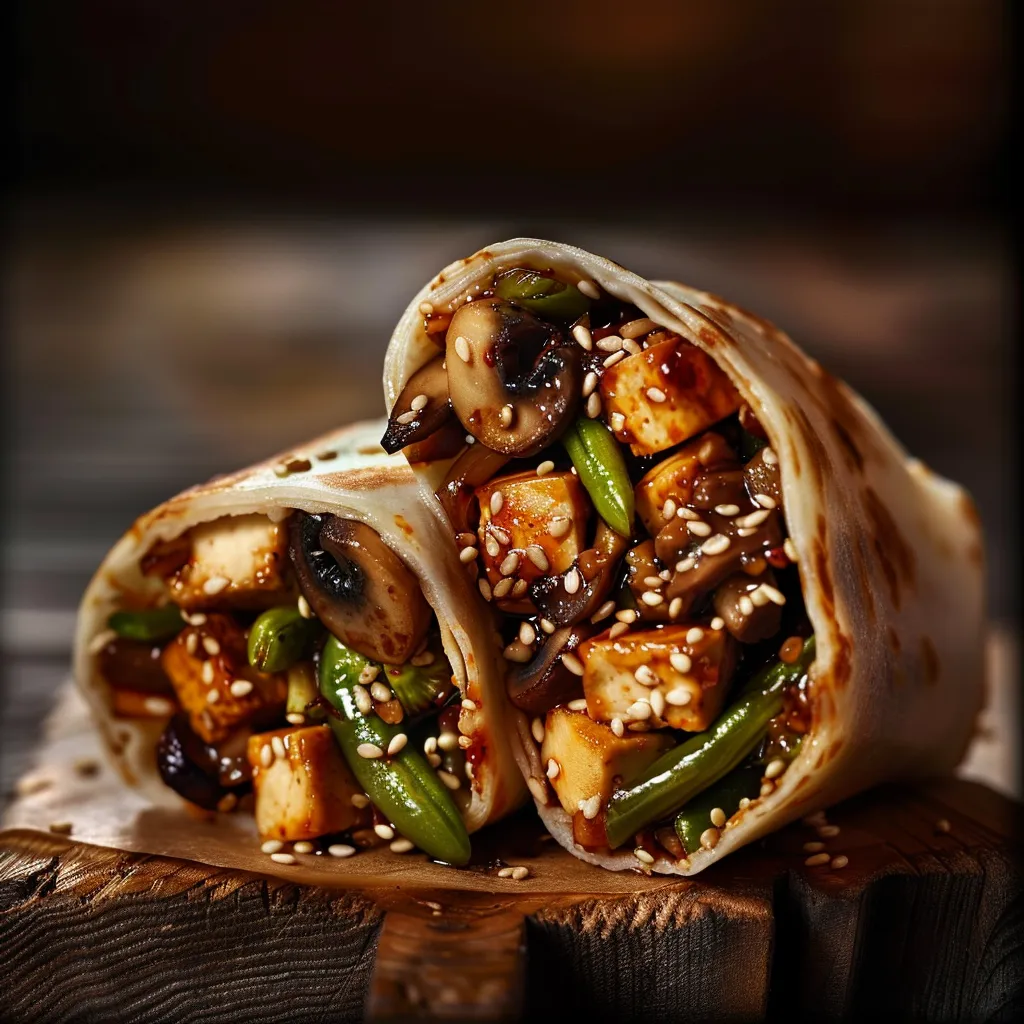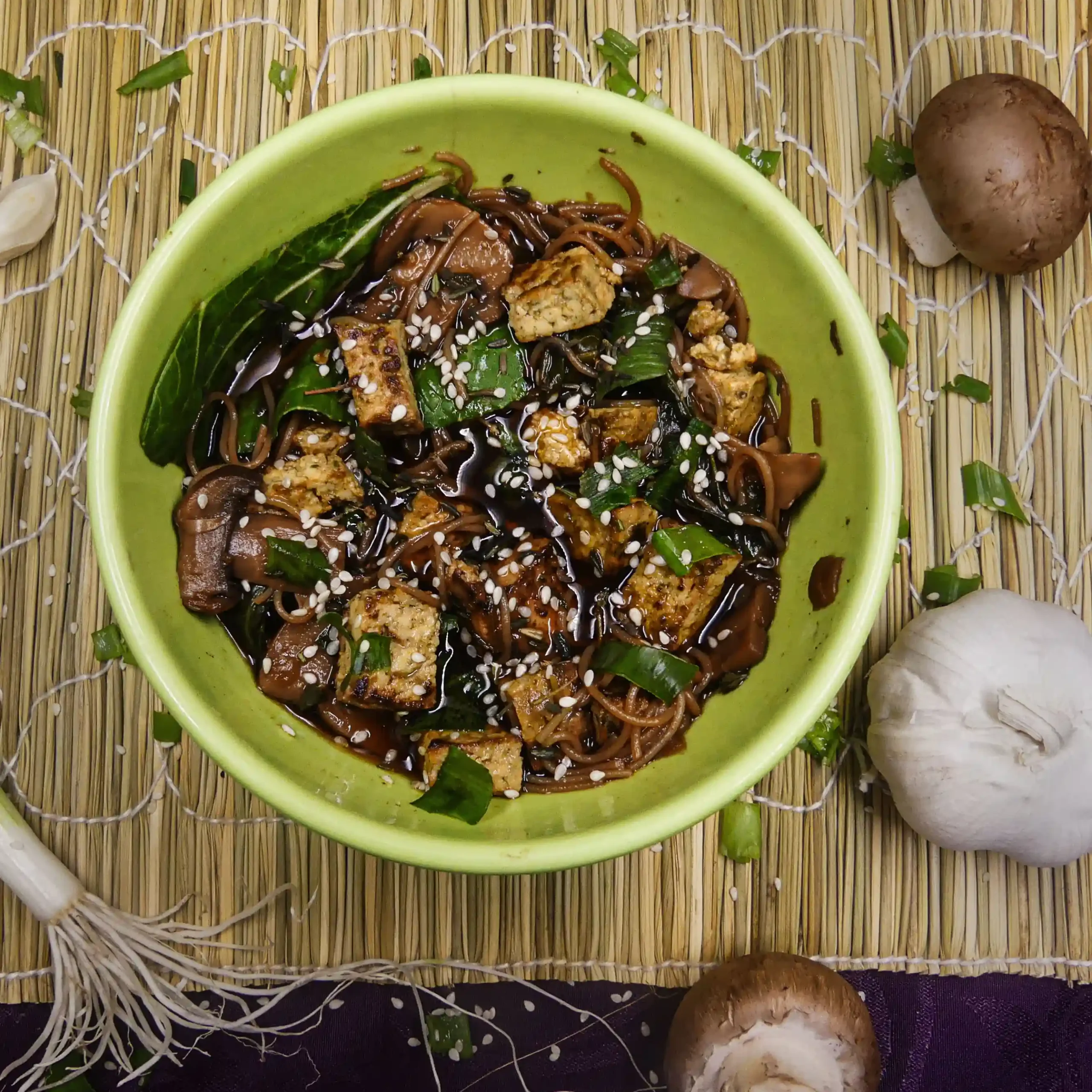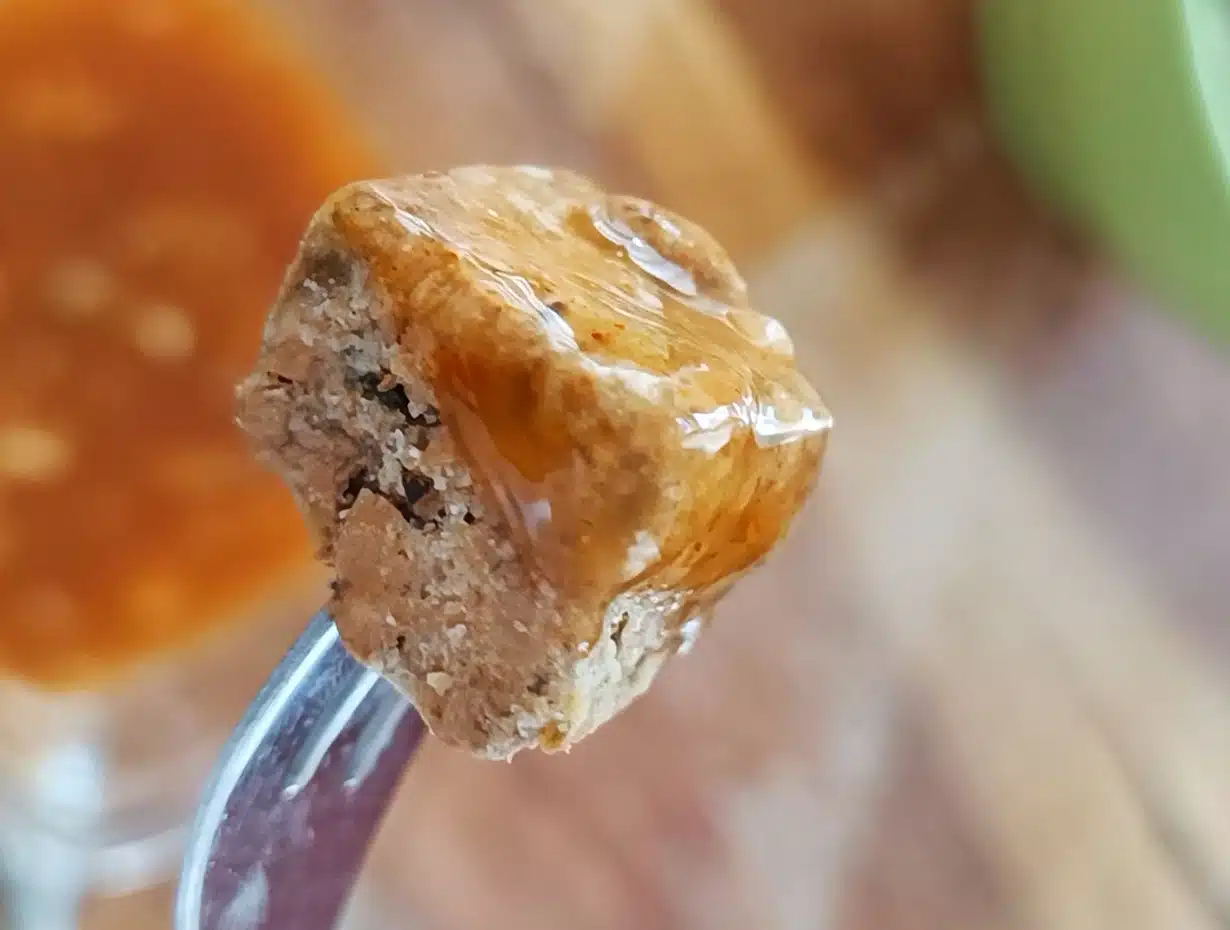There are three main theories about tofu’s origin. All three theories involve China making it highly likely that tofu originated here. According to the first theory, a Chinese prince called Liu An invented tofu 2000 years ago. The Mongolian Import theory states that the Chinese learned to make tofu by experimenting with and adapting Mongolian cheese-making methods. The last theory suggests that the creation of tofu was one happy accident caused by an anonymous Chinese chef. Let’s take a closer look at each theory to learn more about tofu’s history.
Origin Theory 1: Liu An
According to the most well-known theory, a Chinese Prince by the name of Liu An invented tofu. About 2000 years ago (179–122 BC) , Liu An lived in the southeast part of north China during the Han Dynasty. He was obsessed with immortality, setting him on a quest to create an immortal elixir. Unfortunately, Liu An failed in his quest for immortality. But during his many attempts, the prince did create something else of value: tofu. In the writing from Sun Ta-ya of the Yuan dynasty it’s said that Liu An became younger after eating tofu, after which he supposedly ascended to heaven. The legend clearly attempts to link tofu to immortality and may be the reason that (to this day) the Chinese associate tofu with a healthy, long life.
Despite its popularity, the Liu An theory lacks substantial evidence. There is no mention of tofu in any of the writing about Liu An’s life. The first time tofu was mentioned in connection with Liu An’s name was in the 12th century, more 1300 years after his death. According to Soyinfocenter, a more probable explanation is that Liu an did not invent tofu but that successive generations merely gave him the credits. Historically, the Chinese have a tradition of attributing inventions to ancient, noble characters.
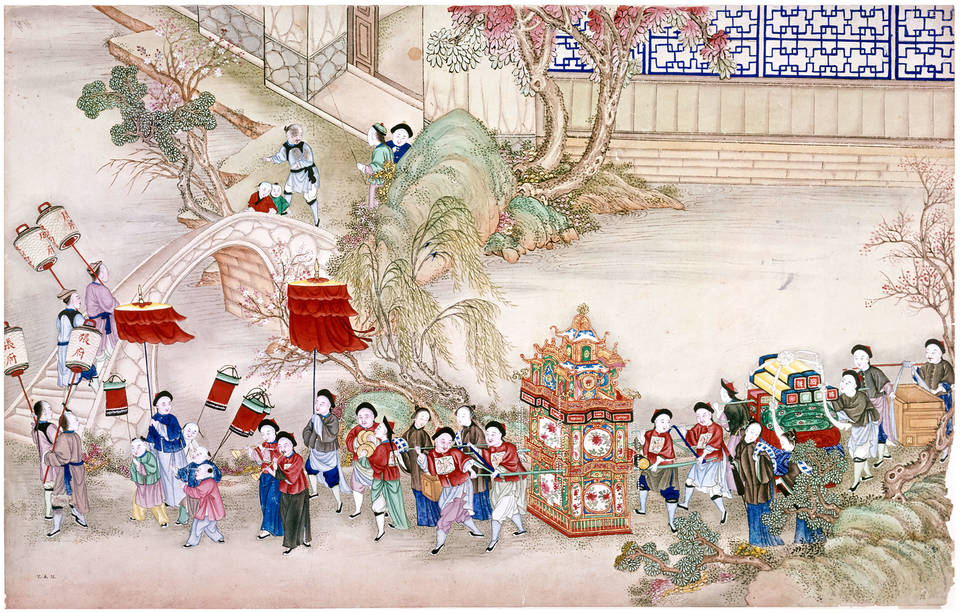
Ancient China in the period of Liu An
Origin Theory 2: Mongolian Import Theory
Shinoda (1971), a prominent authority on Chinese cuisine and its historical context from Japan, has proposed the Mongolian Import Theory. During the period spanning the 4th to the 7th centuries AD, nomadic dairying tribes from north-central Asia migrated southward into China. These nomadic tribes were skilled at crafting products like yogurt and cheese. Before the Mongols arrived, dairy farming was not common in China. The Chinese fell in love with the Mongolian milk products which kickstarted a period of experimentation with all kinds of cheese-making methods, eventually leading to the creation of tofu.
This theory is somewhat likely, given that milk culturing (soy milk in the case of tofu) didn’t exist in China prior to the arrival of the nomadic Mongolians.
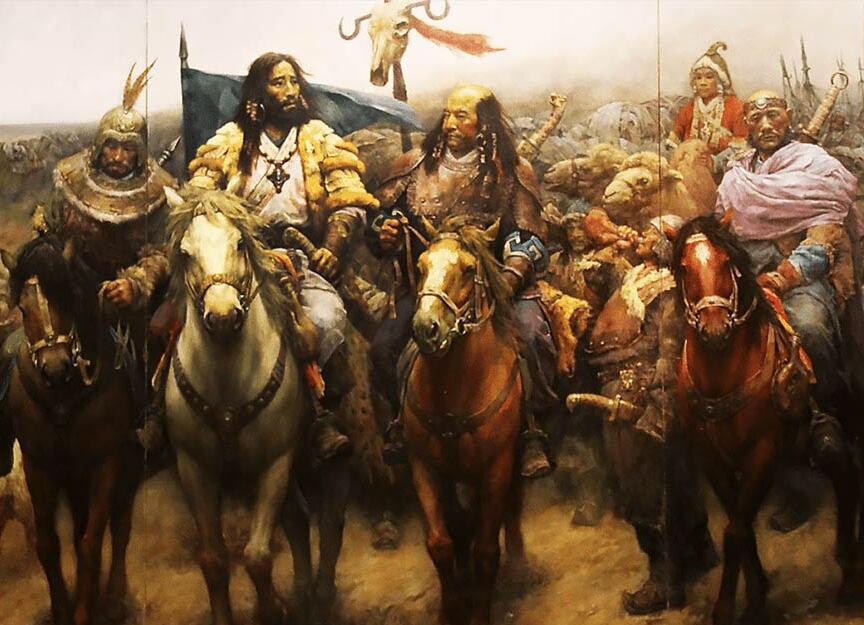
Mongolians who travelled to China between the 4th and 7th century AD.
Origin Theory 3: Happy Accident
What do potato chips, Coca Cola and chocolate chip cookies have in common? They were all invented by accident. Could tofu have been invented by accident? Given the limited evidence for our first two theories, it’s not surprising that some people believe so. According to this theory a random chef in northern China used unrefined sea salt containing in a soybean soup, which then led to a curdling process, thereby creating tofu. Just like the other two theories, there is not enough evidence to make any definitive conclusions about this theory.
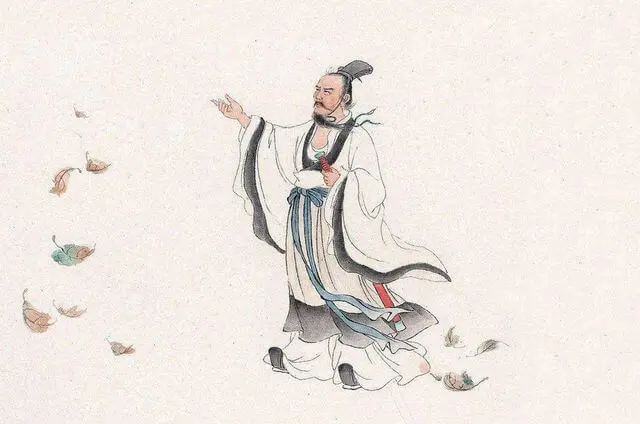
chinese chef who invented tofu by accident
Why is tofu called tofu?
Despite tofu’s rich history in China, the word tofu is actually a Japanese word. Tofu literally means ‘’bean curd.’’ The term was first used in 1182. Read more
Tofu in Asia
Japan
So when did tofu actually arrive in Japan? According to tofu scholar William Shurtleff and Akiko Aoyagi Japanese Buddhist monks who visited China (between the 8th and 12th century) brought the dish over to Japan. Interestingly, in Chinese culture tofu was a product for the poor, whereas in Japan it was introduced to the elite. Present day, you will find hundreds of tofu varieties in Japan.
Korea
Tofu quickly gradually spread to other Asian countries after it was introduced in Japan. Tofu was extremely popular in Korea by the 15th century, after it hard arrived during the Goryeo period (918-1392). Korean malnourished prisoners who were released often consumed tofu. Since prison food was not particularly healthy, the released prisoners needed something nutritious. But they still couldn’t eat much, which made tofu the perfect choice. To this day, it’s a ritual in Korea to eat tofu after being released from prison. However, it’s mostly done for the symbolism, not to fight malnutrition given that prison food has improved a lot over the years.
Vietnam
It’s unknown when exactly tofu arrived to Vietnam. Similarly to China, tofu was mostly a product for the poor. As a consequence of the the Vietnam war in the 1970s, tofu production slowed down for a number of years and became more scarce.
Philippines
China traders brought tofu to the Phillippines and started selling it Manilla where it became an extremely popular food. The Phillippines started importing lots of fermented from south China. Additionally, the Chinese set up manufacturing facilities in Manilla to keep up with the demand.
Tofu in western world
The first reference to tofu by a European was from Captain John Saris who visited Japan in 1613. The captain summed up the Japanese food habits as follows: ‘’Of cheese they have plentie. Butter thave none, neither will they eat any milke.’’ Of course, it was tofu that Captain Saris was referring to instead of cheese.
Tofu in the United States
The first American to mention tofu was Benjamin Franklin who came across it during a trip to London. In 1770 he wrote a letter to John Bartram in which he referred to tofu as ‘’cheese’’ from China. In 1878, Wo Sing & Co was the first tofu company to establish itself in the USA.
Tofu today
It took time before tofu gained popularity in the rest of the world. During the 1970s, more and more paid attention to Buddhism and vegetarianism. Pop stars like John Lennon inspired people to experiment with alternatives to meat. Tofu became a widely recognized, protein rich, meat alternative among the vegetarian and vegan community. With the rise of health-conscious diets and the increasing popularity of plant-based options, tofu has found a dedicated following among vegans, vegetarians, and even meat-eaters looking for healthier alternatives. We’ve developed a tofu product that is flavorful and ready-to-cook out of the package. Make sure to give it a try sometime!

